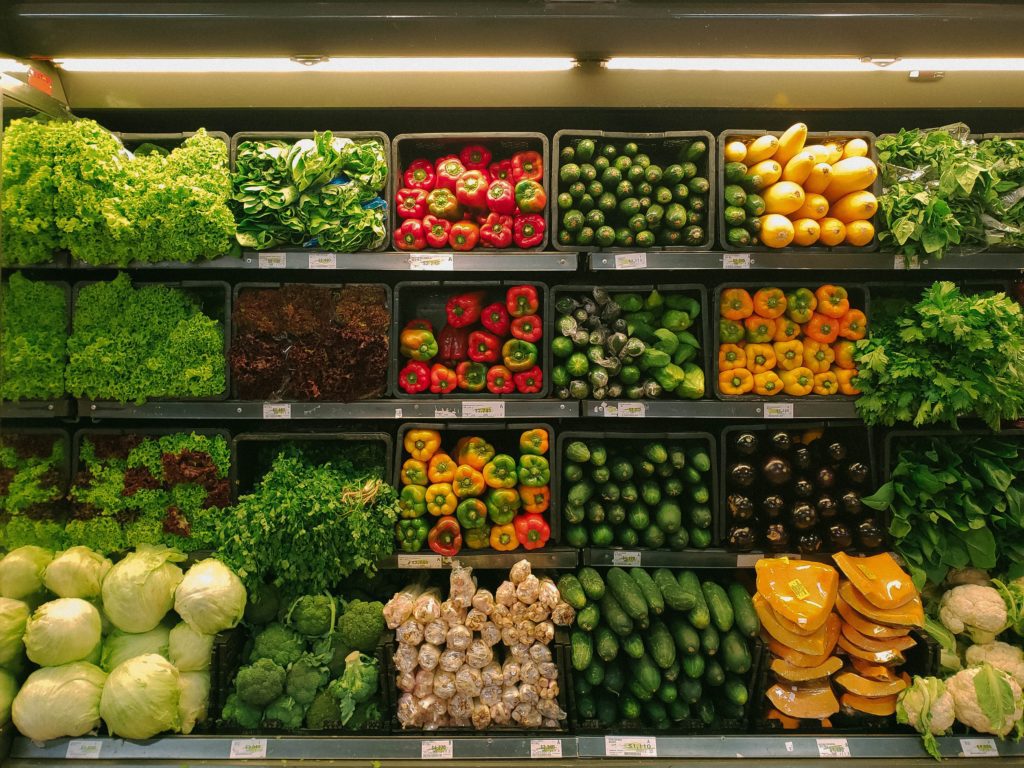
Since there are over 328 million people in the U.S, we need an abundance of food to be consistently reaching our supermarkets across the country every day. We have found ways to do so for the convenience of the majority with the help of pesticides, GMOs, and agricultural technology. However, these accessible and affordable foods have come at a high cost especially to the farmers who are out there every day.
The IDEAS Hive – July 2019
Our IDEAS Hive events, where the community joins together to discuss environmental challenges and solutions, is held the first Wednesday of every month in the city of Orlando.
For the month of July, Jeanine Economos from the Farmworker Association of Florida joined us at our Hive event and discussed the challenges farmworkers face in the agricultural industry.
The industrial agricultural industry is intensively producing crops like corn, soybeans, cotton, and wheat, which are being used for other purposes rather than feeding people, like for animal feed and ethanol.
A majority of these agricultural companies are also producing much more food than they can sell and because of this, they have to find ways to distribute it across the world so that they don’t lose profit. However, in doing so they are creating very serious environmental impacts on the planet.
Some of these impacts include but are not limited to:
- Loss of biodiversity
- Increasing pollution (in the air and water systems)
- Loss of locally owned farms and businesses
When thinking about farmworkers in the United States, we must realize that there are over 1.5 million migrant workers, a majority of which have been displaced from their home countries like Honduras, Guatemala, and Mexico because of trade deals that have ruined agriculture in their countries.
Many years back, the slaves who were brought to the U.S. from Africa used to do farm work and domestic work. Even now, a majority of farmworkers are low-income minority groups who are being abused and working in horrible working conditions, which is being allowed by the systemically racist working laws here in the U.S.
The Occupational Safety and Hazard Administration (OSHA) which is an agency that helps regulate workplace safety but when it comes to farmworkers, they are not protected by OSHA. This agency does not discuss the serious and harsh working conditions that farmworkers are facing every day. The Farmworker Association of Florida is working with other organizations across the nation to urge OSHA to implement heat-stress protection regulations.
Farmworkers are the ones who contribute the least to climate change but are the ones who get impacted the most by climate events. Following hurricane Irma, it took many farmworkers more than 3 weeks to get back to work because their houses and crops were destroyed.
Farmworkers oftentimes have to wear diapers because they cannot leave to go to the bathroom since they are getting paid by how much they harvest.

Farmworkers, their families, and their children are all subjects to pesticide exposure, which causes many illnesses and issues, such as, cancer, learning disabilities, and Parkinson’s disease.
The Farmworker Association of Florida has helped bring awareness and take action to help protect farmworkers not only in Florida but in the United States. They have 5 offices across the state of Florida and are focused on taking back agricultural systems and achieving food sovereignty. They focus on environmental justice, climate change, and food systems.
Further Reading
- Find more information about the Farmworker Association of Florida at their website and donate to help a good cause: https://floridafarmworkers.org/
- Please donate to keep our IDEAS Hive events running through 2019. These events are a great way to get our community together and start talking about environmental challenges and solutions. Many of the programs we have today grew from solutions discussed at Hive meetings, so please donate and share: https://www.facebook.com/fund/IDEASForUs/
- Check out some of our previous blogs on farmworker’s rights:
Sources
(1) http://america.aljazeera.com/articles/2013/10/25/for-children-of-migrantworkersthefieldorthecar.html
(2)https://www.facebook.com/ideasforus.orlando/?epa=SEARCH_BOX








